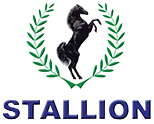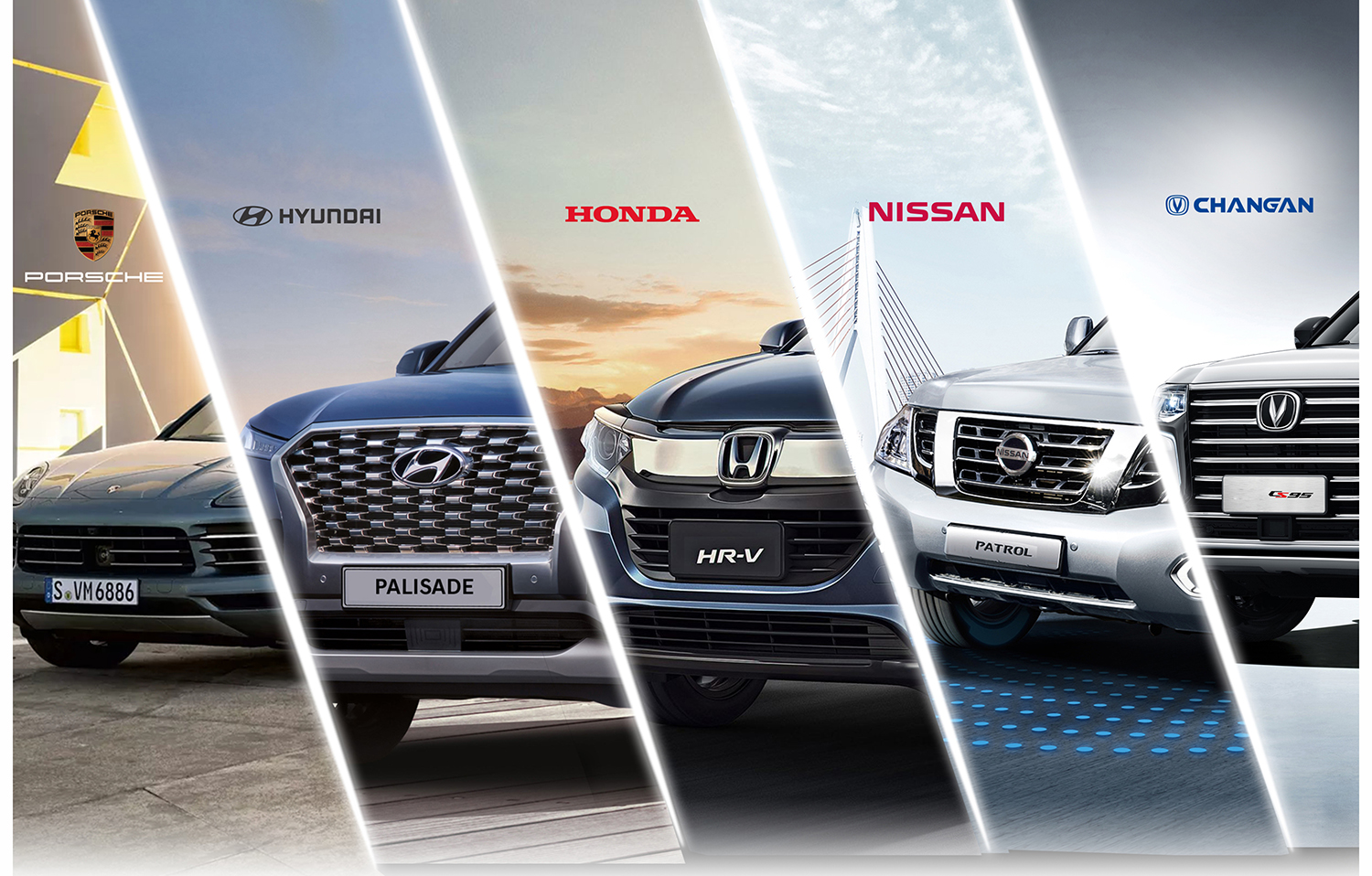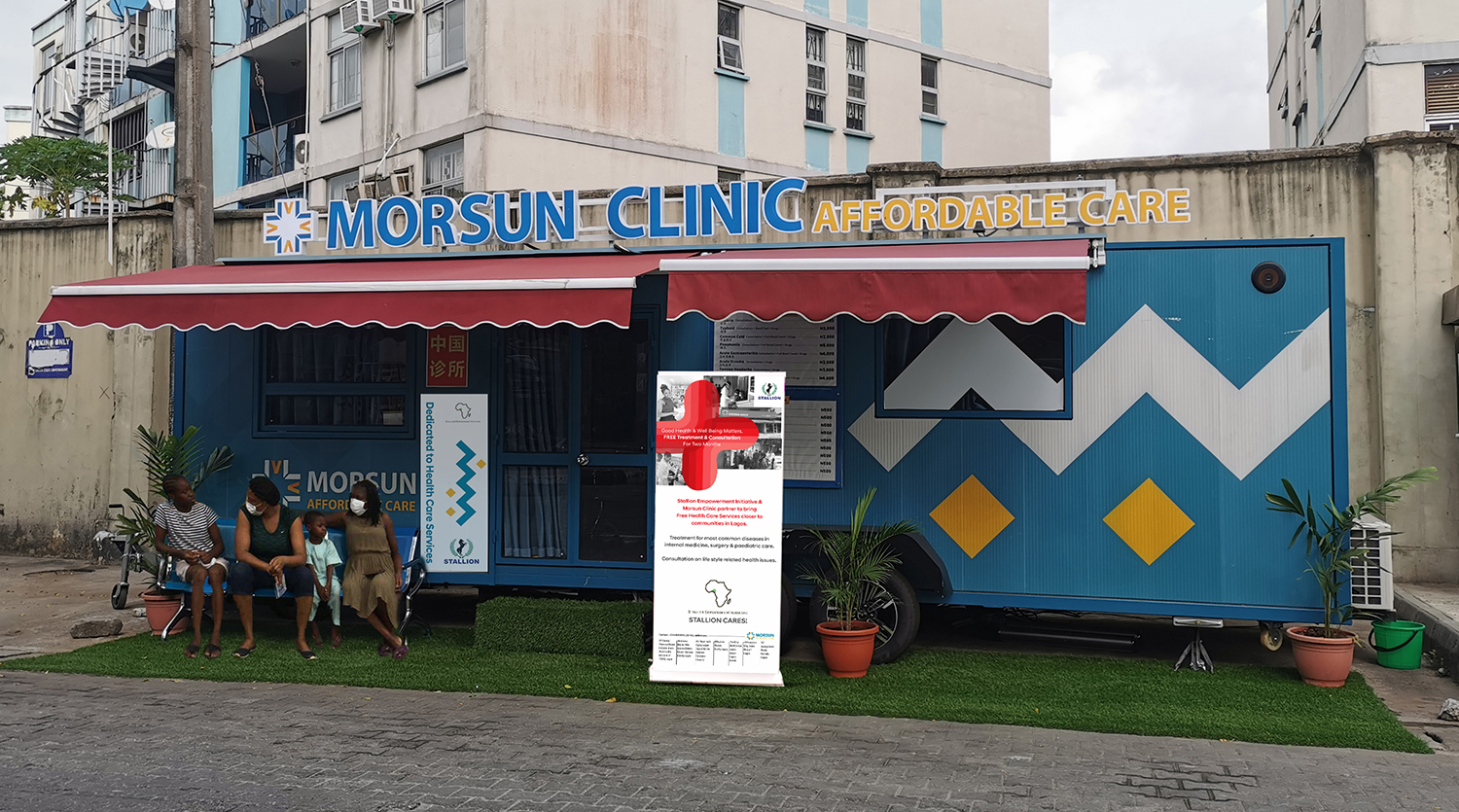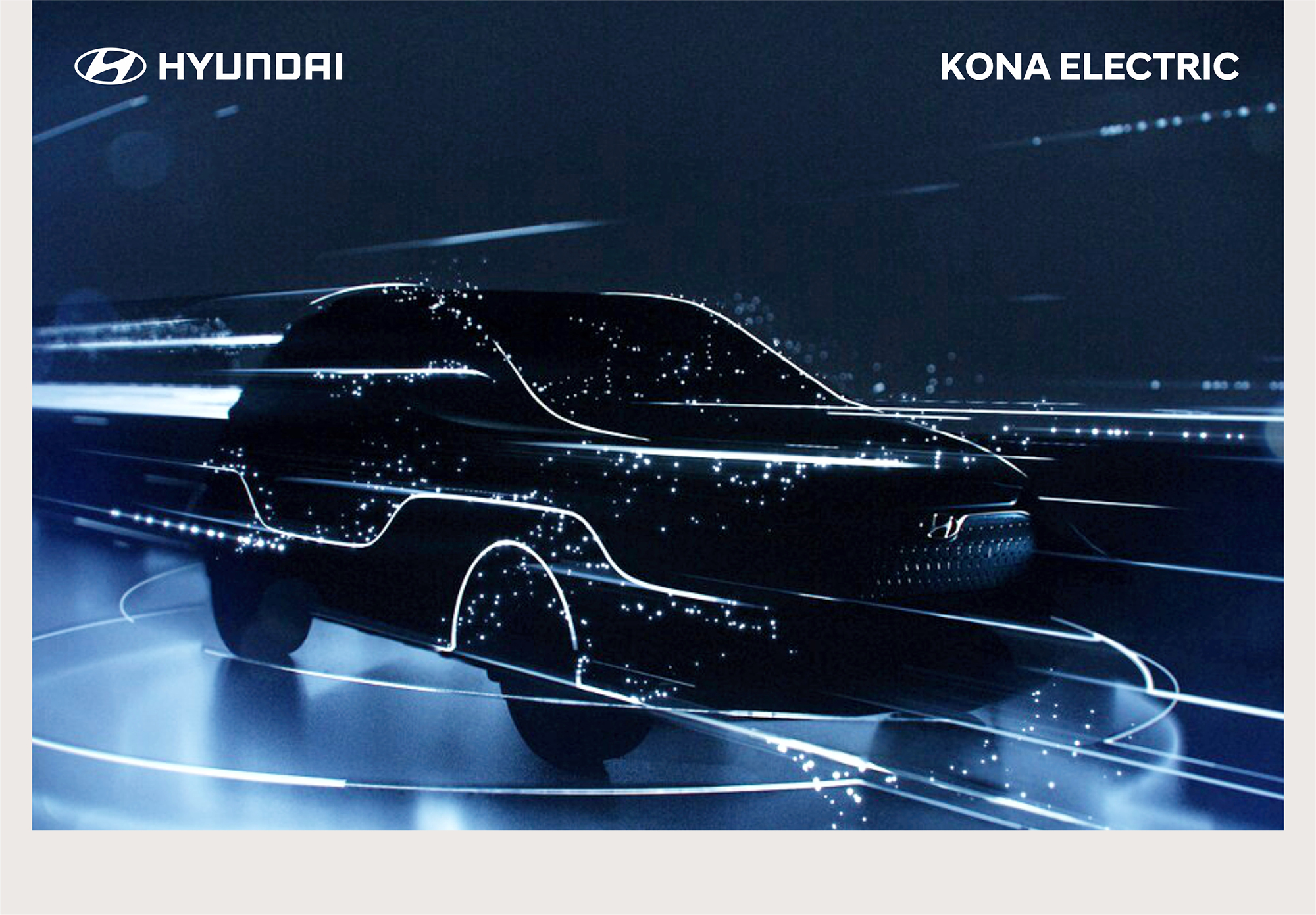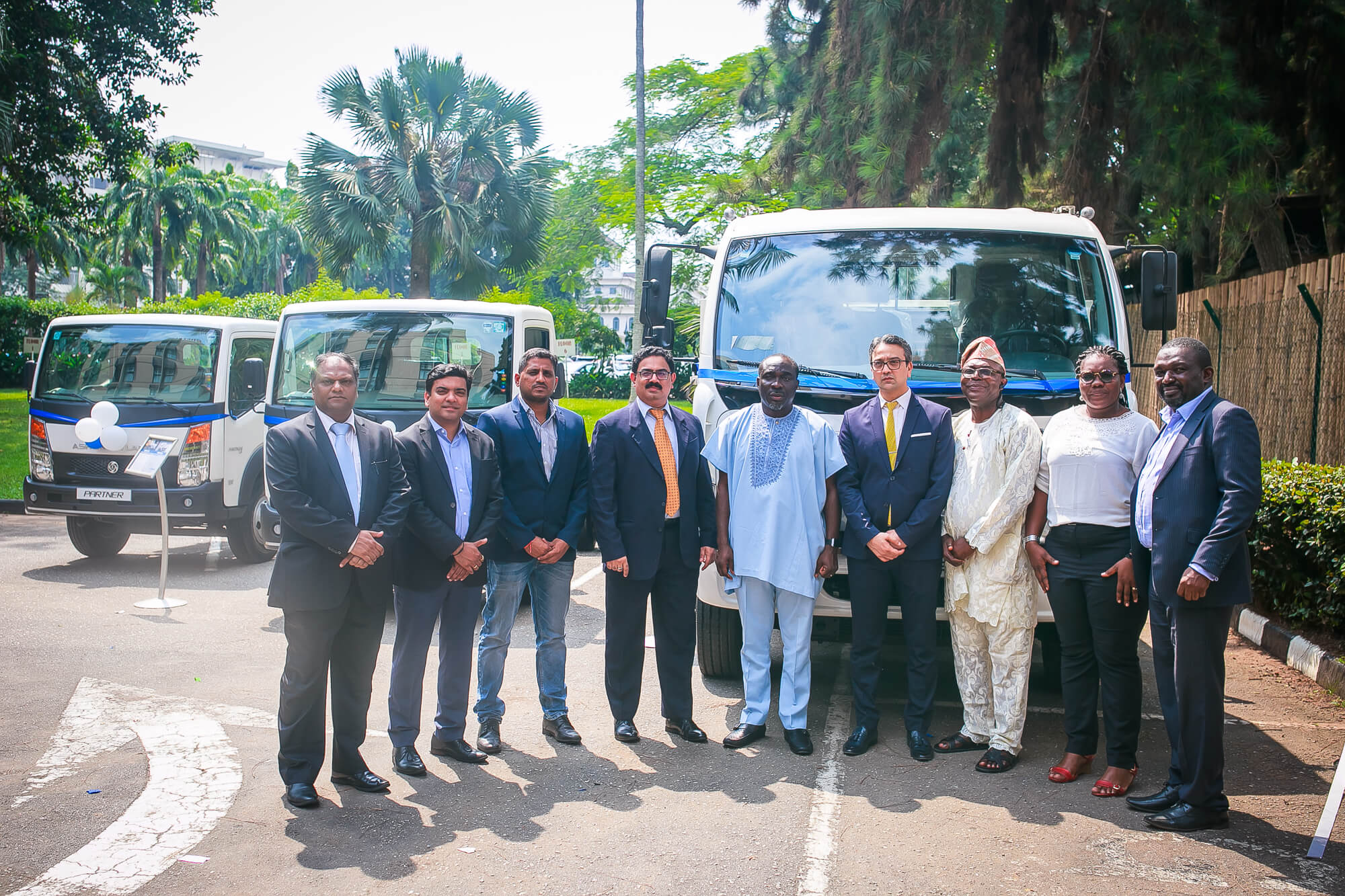28 May Stallion Africar Multi-brand Auto sales Portal by Stallion Group Launched
Stallion Group Nigeria has always aimed at maximizing consumer loyalty across the country and now is no exception. The Multi-brand Auto giant believes that a sizable business will be brought in through digital initiatives as consumers are still skeptical of stepping into showrooms to scout for their car of dreams. Launch of their own separate portal Stallion Africar will help meet customer expectation during the COVID era. It will also provide the customers tools to take an informed decision on the choice of car in their budget and a virtual relationship manager to guide them through the chat functionality. It offers an opportunity to do cross-selling and upselling and reduce their dependence on driving walk in traffic to the point of sale. The simple design of Stallion Africar enables the consumer to take a decision on Buying a New Car and Servicing their existing car. Its soon adding the feature of buying a preowned car where the consumer can get their old car evaluated and uploaded to get the best deal and exchange it for a new. Buying a New Car The portal Navigates through each of the top selling Auto Brands of Hyundai, Honda, Nissan, Porsche and Changan. Each brand’s highlight model is displayed on the home page with the portal navigating to a detailed page containing specification, price and the consumer’s ability to book a test drive for their favorite car just at the push of a button. The car is brought in to your home or work place keeping the safety and hygiene measures in mind for the test drive to conform with social distancing guidelines to the maximum. The portal allows you an access to compare features, aesthetics and price across major brands and models to arrive at what’s best for you and your family. Car Servicing The relationship does not end at buying the ideal car does it? Stallion Africar’s servicing tool is designed to provide information on each brand’s service centers indicating locations across Nigeria with details pertaining to the right contact personnel for each of the locations along with their emails and phone numbers to book your service appointment and get the best quality of care for your car. The service personnel are trained on sanitization and handling of the car affirming to the safety from COVID 19 guidelines. At grounds daily practical workshops and training are being conducted to adhere to stringent guidelines for health and safety of the customer. Stallion Group marks this launch as its journey to the e-commerce bubble that is emerging with the current economical shift. It is an encouragement to the Nigerian community to experience acquiring their dream car in this new era and see the amalgamation of the digital age with the physical joy of buying. Please visit www.stallionafricar.com...
